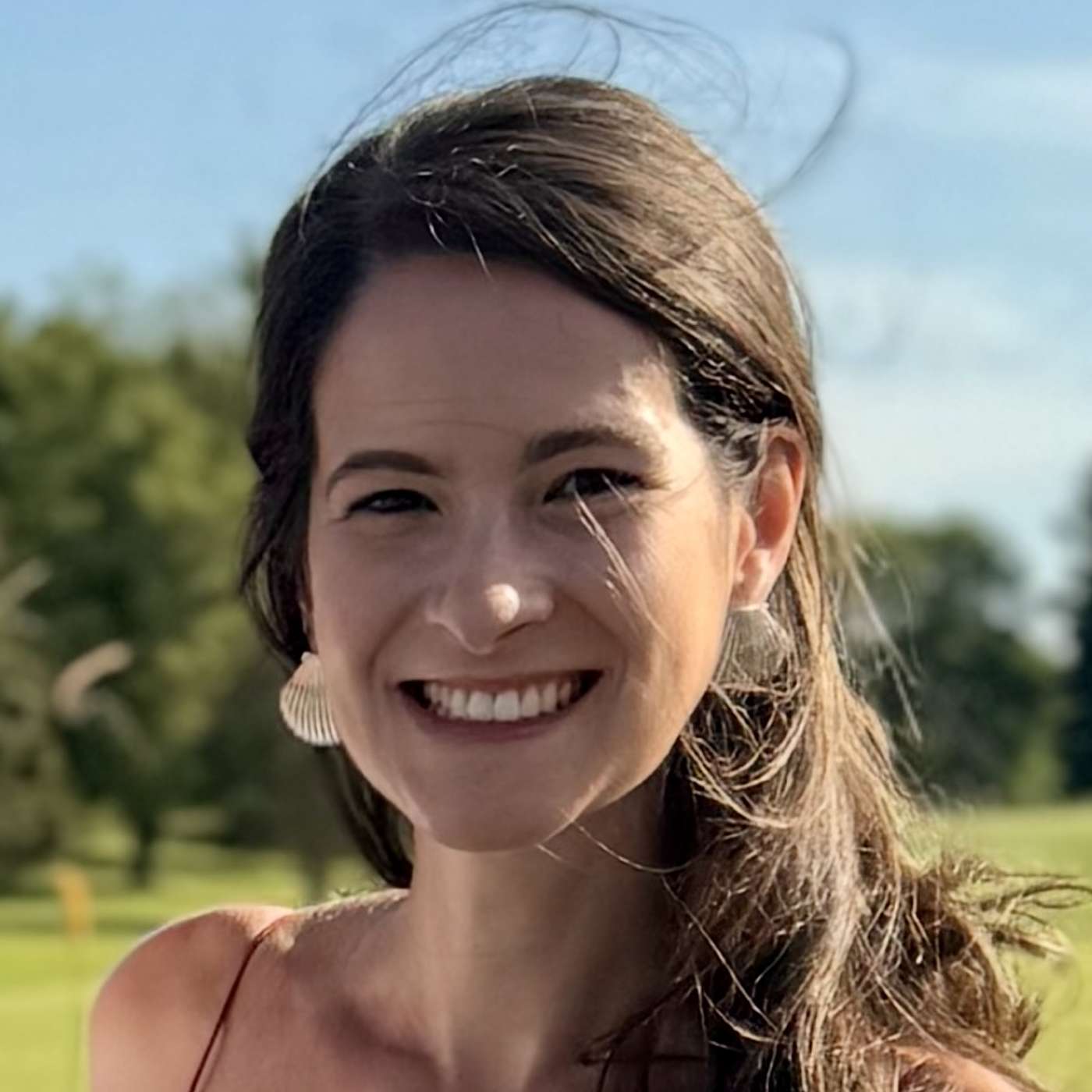
Stanford Psychology Podcast
Author: Stanford Psychology
Subscribed: 2,996Played: 33,587Description
The student-led Stanford Psychology Podcast invites leading psychologists to talk about what’s on their mind lately. Join Eric Neumann, Anjie Cao, Kate Petrova, Bella Fascendini, Joseph Outa and Julia Rathmann-Bloch as they chat with their guests about their latest exciting work. Every week, an episode will bring you new findings from psychological science and how they can be applied to everyday life. The opinions and views expressed in this podcast represent those of the speaker and not necessarily Stanford's. Subscribe at stanfordpsypod.substack.com. Let us hear your thoughts at stanfordpsychpodcast@gmail.com. Follow us on Twitter @StanfordPsyPod. Visit our website https://stanfordpsychologypodcast.com. Soundtrack: Corey Zhou (UCSD). Logo: Sarah Wu (Stanford)

























Very poor sound quality. Recorded in a noisy place , hearing different speakers.
wish it had a subtitle🥲🥲
i just started to listen... im a psychology student and i really enjoyed the first part❤🙏
i love your podcast❤ thank you so much❤
I really enjoyed the topic and the whole conversation 👌🤍